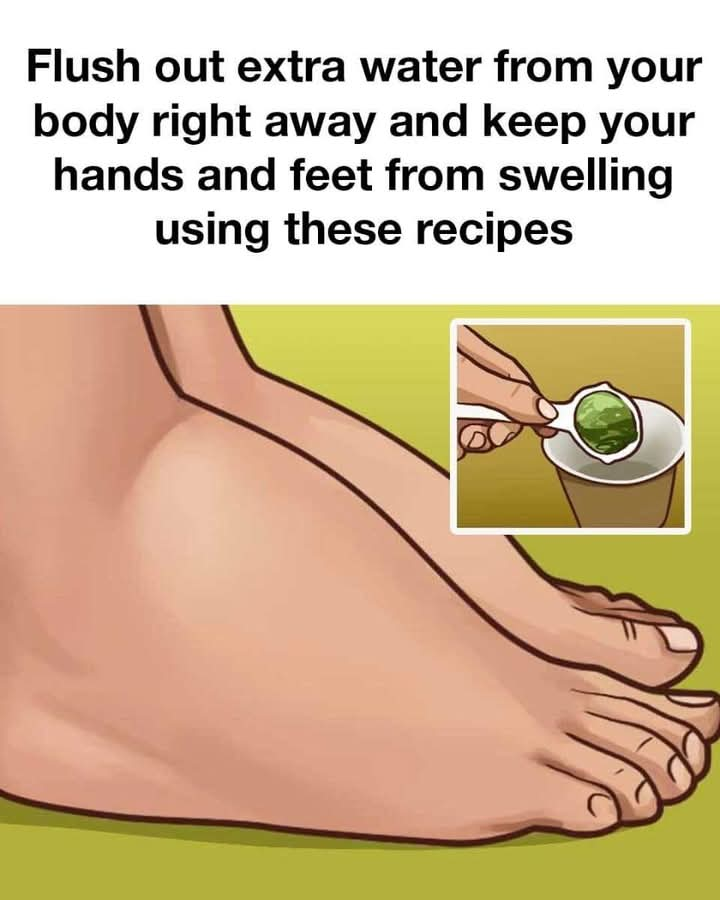Water retention, also known as edema, occurs when excess fluids accumulate in the body’s tissues. While occasional water retention is common and often temporary, prolonged or frequent episodes can be uncomfortable and may signal underlying health issues. Understanding what causes water retention and how to manage it effectively is crucial for maintaining overall health and well-being.What Causes Water Retention?
There are several factors that can lead to water retention, ranging from dietary choices to medical conditions. Some of the most common causes include:A diet high in salt is a major cause of water retention. When we consume too much sodium, the body tries to retain water to balance the excess salt. This leads to swelling, especially in the extremities like the hands and feet.
- Hormonal Changes
Hormonal fluctuations, especially in women during menstruation, pregnancy, or menopause, can cause the body to retain more water. These hormonal shifts affect the kidneys’ ability to regulate fluid balance, leading to temporary bloating and swelling. - Physical Inactivity
Sitting or standing for prolonged periods can result in fluid buildup, particularly in the legs. Without regular movement, circulation slows, causing water to pool in the lower extremities. - Medications
Certain medications, including those for high blood pressure, diabetes, or birth control, can cause water retention as a side effect. If you notice swelling after starting a new medication, it’s essential to consult a healthcare provider.
